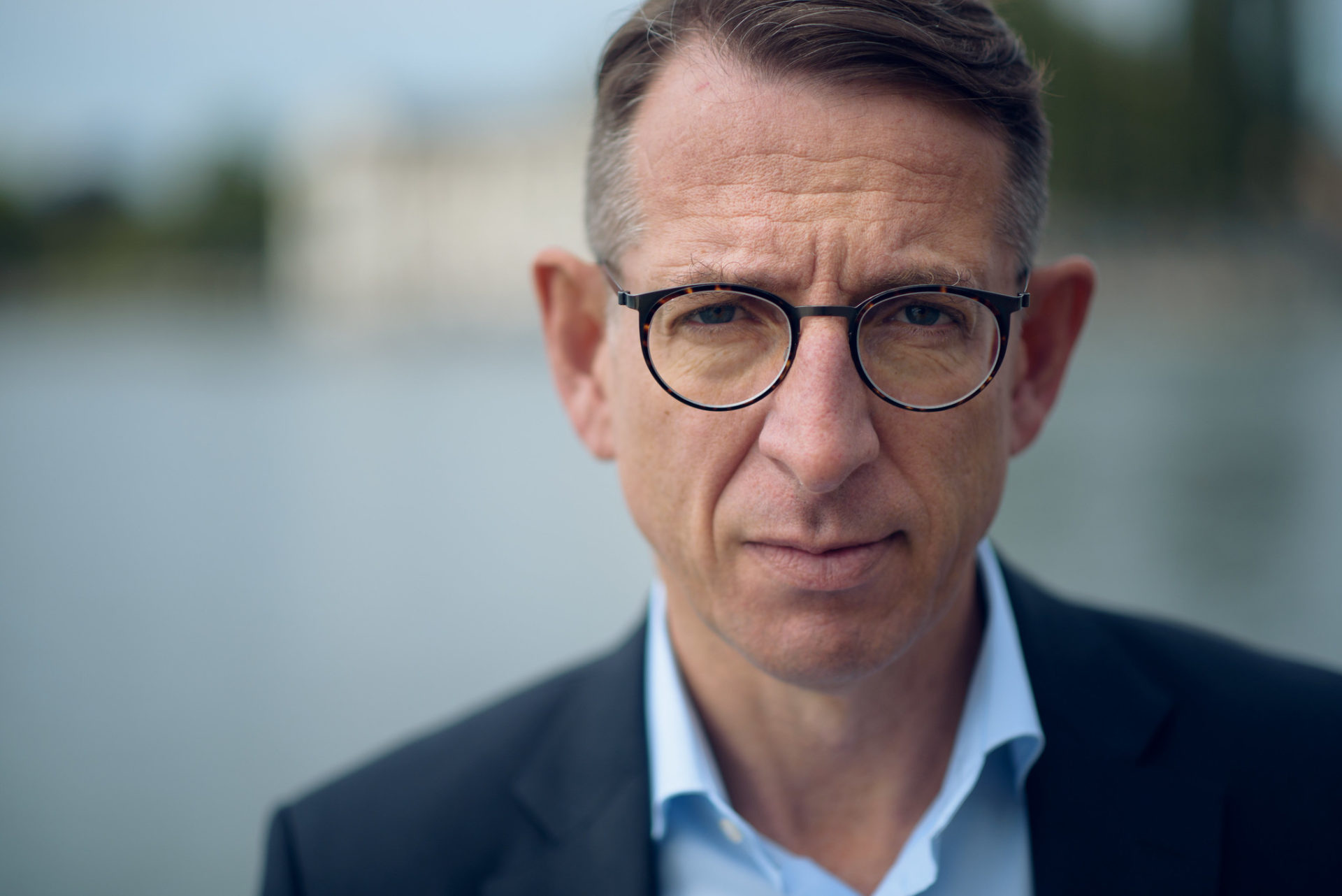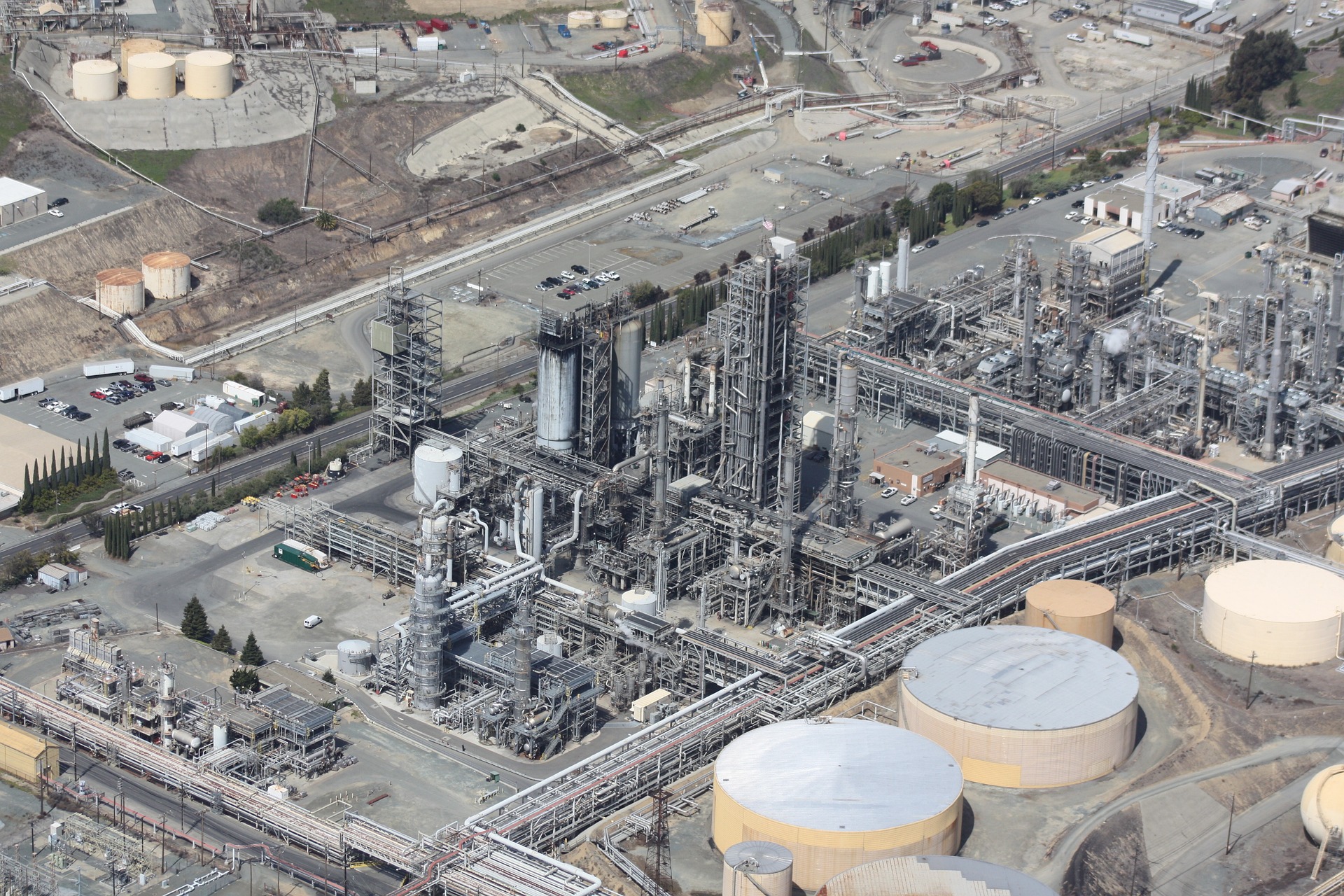Eradicating Poverty in Brazil in a Definitive and Sustainable Way
“Everyone is an entrepreneur, but many do not have the opportunity to discover it.” – Muhammad Yunus
Is it truly insurmountable to eradicate poverty in Brazil in a definitive and sustainable way? For twenty years, programs such as Bolsa Família have received robust funding, and yet the effectiveness of these investments remains questionable. In light of this scenario, one must ask: have these efforts truly fulfilled their noble purpose?
In the 21st century, it is unacceptable that more than 33 million Brazilians lack access to potable water, forcing them to rely on contaminated sources that expose them to deadly diseases. Approximately 100 million people live without adequate sanitation, resorting to the inhumane practice of dumping sewage in open areas or into rivers that, paradoxically, irrigate their own communities. Nearly one million households remain in darkness, deprived of electricity, in a country that boasts one of the most impressive hydroelectric systems in the world.
Yet the horror is not limited to these figures. Thousands sleep on cold sidewalks, and millions of children enter classrooms hungry, with grumbling stomachs, striving to learn. This is not merely an infrastructure problem, but a brutal failure of both the state and society, which condemns entire generations to poverty and oblivion.
How, then, can we embark on the path to redemption? Let’s suppose that a capital injection of $1.6 trillion over the course of a decade is necessary to eliminate poverty in a permanent and sustainable way. To transcend a political system marred by dysfunction, we must attract resources—both private and public—from not only Brazil but also abroad. To mitigate the risks inherent in our reality, it becomes imperative to offer attractive interest rates, say around 15% per annum in US dollars. In other words, the total investment would amount to approximately $4 trillion.
Although Brazil is the world’s 9th largest economy (IMF, 2021), it is frequently perceived as a graveyard of opportunities for global investors, where potential is swallowed by uncertainty and legal disorder.
Legal uncertainty, evidenced by constant legislative changes and unpredictable judicial processes, undermines contracts and turns laws into mere question marks, as noted by analyses from the National Confederation of Industry (CNI). Adding to this challenge is endemic corruption—Brazil ranks 94th in the Corruption Perceptions Index (Transparency International, 2022)—which acts as an invisible tax, draining resources and driving away foreign capital, which always seeks for predictability.
The heavy tax burden, which amounts to approximately 33% of GDP (OECD, 2022), offers an unsatisfactory return to society, serving only half of the population, while the other half bears the costs of essential services such as investments in education, health, and private security. According to the Global Study on Homicides 2023, released by the UN, Brazil topped the ranking for the highest absolute numbers of homicides. Eight of the ten countries with the highest homicide rates are in Latin America and the Caribbean—a reflection of an inefficient governmental operational system. This reality, by itself, renders certain areas economically unviable for businesses and increases overall costs.
To attract the necessary investments, the creation of special regions—the Autonomous Governance Experimental Zones (AGE-Zones)—is urgently needed. In other words, it is essential to establish pockets of state independence, operating under a Public-Private Partnership model, where the executive, legislative, and judicial systems are managed by private entities commonly called “the operator”, whether for-profit or not.
To ensure a return for investors and, consequently, attract the desired resources, these regions should be able to define their own legal framework—encompassing civil, labor, and tax laws—complemented by the use of private security and arbitration panels, thereby creating a customized regulatory environment, backed by concessions of no less than 100 years. To enhance legal certainty, the guidelines of the International Centre for Settlement of Investment Disputes (ICSID) and UNCITRAL will be adopted.
The implementation of a robust transparency and governance system, supported by regular external audits and the independence of local judicial bodies, is imperative. AGE-Zones (known as ZEGA in Portuguese) will offer guarantees of regulatory stability, ensuring that the rules in place during the investment period cannot be altered without the prior consent of the investors. Furthermore, the ability to register businesses and assets under these jurisdictions will provide solid legal protection against political and economic risks—a true shield against uncertainty.
New cities could be built in depopulated areas, or, through voting, citizens may choose the operator and project that best meets their aspirations, or even remain in the current public model, albeit without the influx of investments. The resulting partnerships will involve the payment of royalties to the government and the state, calculated as a percentage of revenue—in a simple and transparent manner.
The registration system, once confined to notary offices, will be revolutionized by DAO (Decentralized Autonomous Organizations)) technology powered by blockchain, and AI, establishing smart contracts between citizens and the operator, with clearly defined roles and responsibilities for each party. The AGE-Zones will aim for the sustainable and permanent eradication of poverty, with specific targets; failure to meet these targets may result in the replacement of the operator, without, however, compromising obligations to investors.
To reduce the risks faced by investors, it is crucial that funds or companies be publicly listed, thereby providing asset liquidity and promoting greater transparency. In sectors such as health, education, sports, security, transportation, water, sewage, electricity, telecommunications, sustainability, and housing infrastructure, the investment will enable the operator to allocate resources effectively, ensuring excellence in services for the population.
Although the operation would use the local currency, indexing mechanisms and reserves in strong currencies—such as the US dollar—should be adopted to stabilize transactions and mitigate volatility. The use of stablecoins will be authorized for transactions, while citizen participation will occur through an innovative token-based mechanism (including quadratic voting and funding), ensuring that citizens’ preferences are respected.
Our duty, as citizens, politicians, and business leaders, is to unite around this noble purpose, exerting the necessary pressure to ensure that the government incorporates the new AGE-Zone model into the Constitution, thus creating the necessary incentives for the absolute and lasting eradication of poverty in our country. In this way, investing in development and human potential will become, unequivocally, the best business in the world.
Do you have questions, criticisms, or suggestions for the author? Connect with him on LinkedIn.
By Daniel R. Schnaider, President PRIME Society




